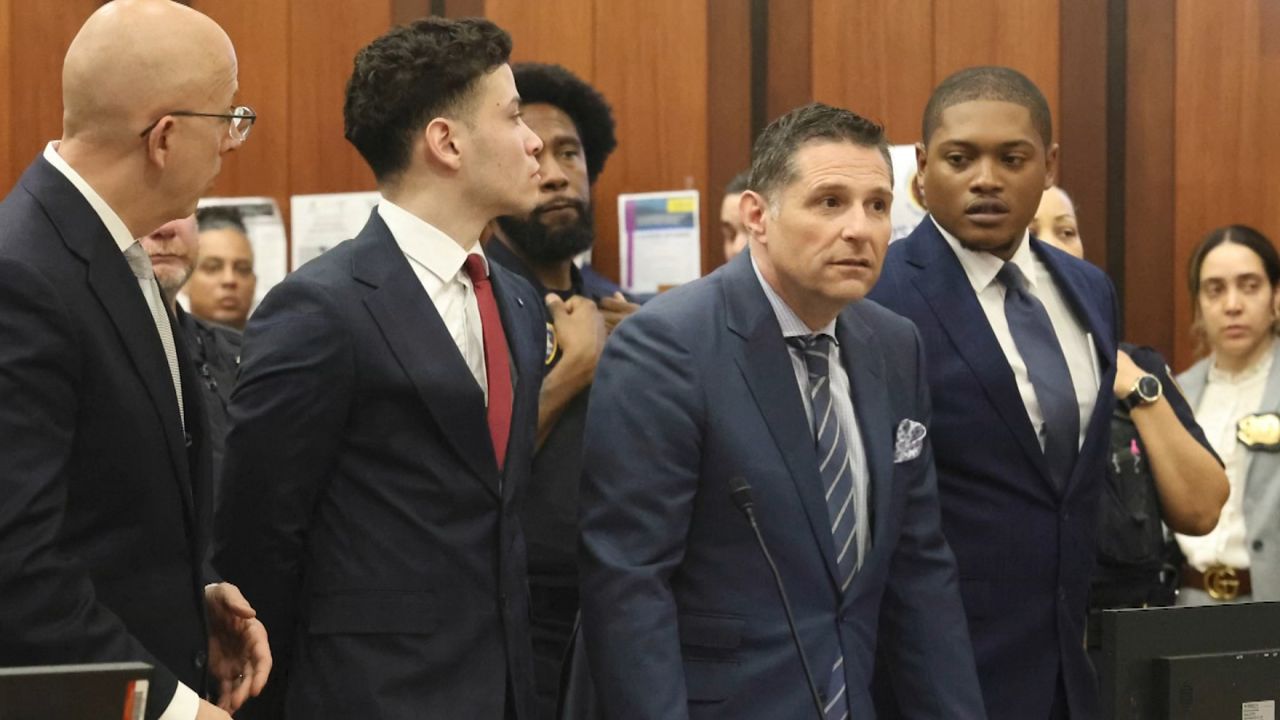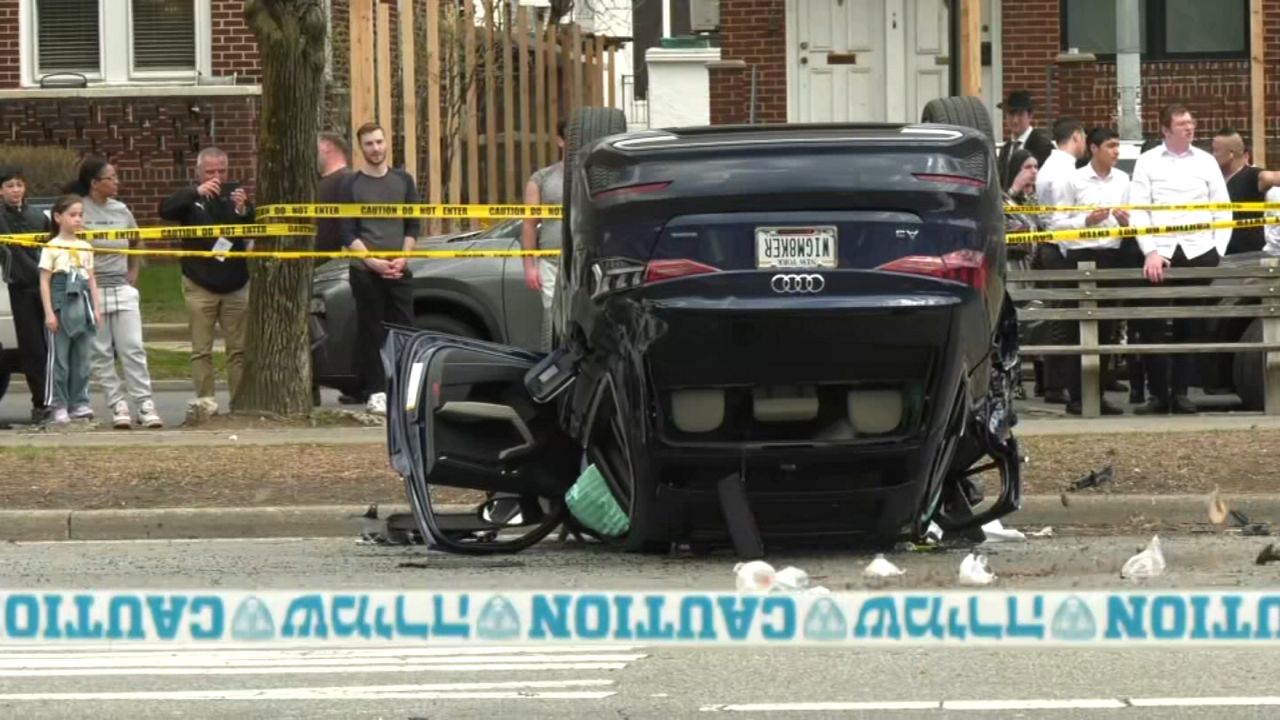Advocates say the Scaffold Law continues to keep New York construction workers safe by requiring contractors to provide workers with proper safety equipment, but many in the industry say more companies are being burdened by what they believe are nuisance claims.
In the 18 years that Michael DiFonzo has been running his construction business, it’s only in the last three years or so that he’s noticed a drastic rise in injury claims by workers who say they have fallen.
He said it strikes him as fishy.
“The falls are usually very low in height with no witnesses [and] workers usually new,” said DiFonzo, vice president of the New York City Special Riggers Association.
What You Need To Know
- Michael DiFonzo is among those who have noticed a drastic rise in injury claims by construction workers who say they have fallen usually resulting in lawsuits under the state's Scaffold Law
- The law was established in 1885 to protect the workers who braved new heights as buildings stretched higher into the sky
- Veronika Sikorski of the New York City Special Riggers Association said some of the larger companies have seen a 200 to 300% increase in suspicious claims
In another similarity, he said the incidents usually result in lawsuits filed under Section 240 of the New York State Labor Law, commonly known as the Scaffold Law, which he said means a guaranteed payout of thousands of dollars.
“These cases will never go to trial… It just becomes a numbers game. The insurance companies will figure out what their legal costs are and then they settle the case,” said DiFonzo. “The concern here is that this is part of a larger organized plan of fraud.”
The Scaffold Law was established in 1885 to protect the workers who braved new heights as buildings stretched higher into the sky.
It holds contractors and property owners liable for damages when an elevation-related accident happens on a job site.
However, advocates in the industry say more companies are being burdened by nuisance claims.
“It’s huge. I would say for our members, some of the larger companies have seen a 200 to 300% increase in these suspicious claims,” said Veronika Sikorski, president of the New York City Special Riggers Association.
DiFonzo and Sikorski have long advocated for reforms of the law, which they say is outdated and sends insurance costs skyrocketing, but they don’t know what’s behind the rise in claims.
“I really don’t know what it is about the past two to three years that’s caused this increase,” said Sikorski. “The law has been in effect for so long. I don’t know if someone has come up with a magic ticket for how to really financially take advantage of the law.”
With no way to present a defense, critics of the law said each suspicious case means higher costs for New Yorkers.
“[The] industry average for deductible is probably twenty-five to fifty-thousand dollars, so you can imagine the financial impact on a company with ten suspicious claims. You’re talking about half a million dollars in deductible money,” explained DiFonzo, who said those costs are passed on in rent or co-op maintenance fees, which leads to a more expensive city for everyone.
“It will put the small contractor out of business and it will cost everybody more to live in a city that people want to live in,” said DiFonzo.








_Pkg_Coney_Island_Racial_Attack_CG)
_PKG_911_Dispatchers_Rally_CLEAN)